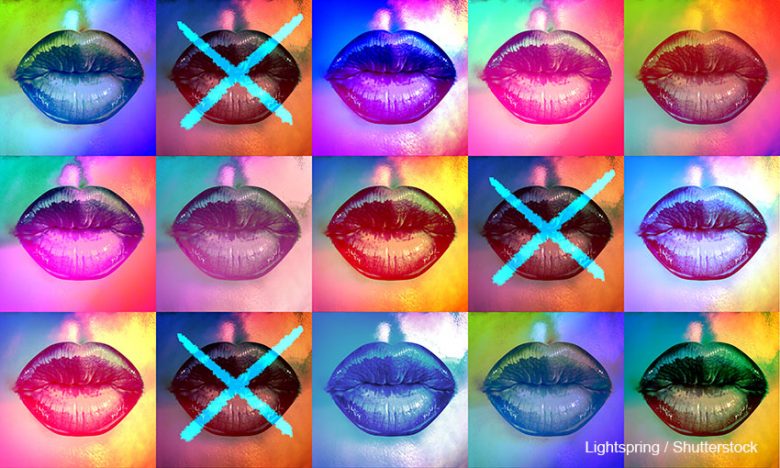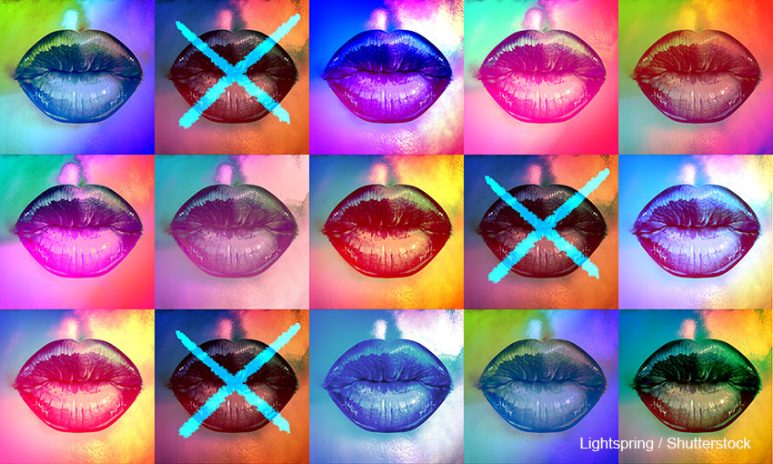By Mikhail Yakovlev
Download now the PDF Booklet of Media Diversity Institute’s Cancel Culture Series
On 13th June this year, a new satellite channel launched in the UK. Its self-described mission? To give a voice to the silent majority who, according to its Chairman Andrew Neil, have been ‘cancelled’ by elite media and their ‘woke’ agenda. If this sounds remarkably similar to the incoherent anti-media messaging that used to come from Donald Trump’s ‘cancelled’ Twitter account, this is because it is.

Unfortunately, this silenced majority has not come through. According to the clickbait title of a review in The Guardian, “GB News launch gains more viewers than BBC or Sky news channels”. But, when these figures are broken down in the very same article, they are far less impressive. During the 19:00 to 23:00 slot on the day of the big launch, GB News received 1.1% of audience share, compared to BBC News Channel’s 0.9% and Sky News’s 0.4%. But, BBC 1’s flagship ‘News at Ten’ attracted an altogether more impressive 30.6% of the audience. Since then, GB News ratings have plunged altogether, reaching 0 after the Channel’s boycott of taking the knee.
The Great British News flop points to the confusing place of ‘cancel culture’, in our increasingly confusing world. While right-wing media and Twitter ‘personallities’ accuse mainstream media and social media companies of complicity in woke ‘cancel culture’, it is the most marginalised voices that remain silenced in conventional and social media.
At the same time, it is important not to downplay legitimate concerns about freedom of speech and toxic mob take-downs, such as doxxing, especially prevalent on some social media like WeChat. Unfortunately, it is precisely these complex and muddy dynamics that render ‘cancel culture’ such a confusing phenomenon and term. To get to the bottom of things, Media Diversity Institute (MDI) asked six academics, writers, and activists one major question – what is ‘cancel culture’ and who/what is threatened by it?
The Cancel Culture Series of interviews will be published during the first week of August 2021.
Cancel Culture Series: Interview with Dr Angela Martinez Dy
Cancel Culture Series: Interview with Jillian C. York
Cancel Culture Series: Interview with Benjamin Cohen
Cancel Culture Series: Interview with Eric Heinze
Cancel Culture Series: Interview with Charlotte Galpin
Cancel Culture Series: Interview with Frankie Morgan
Download now the PDF Booklet of Media Diversity Institute’s Cancel Culture Series
Dr Charlotte Galpin (she/her) is a Senior Lecturer in German and European Politics, University of Birmingham Department of Political Science and International Studies. Her research is concerned with European identities, EU citizenship, Euroscepticism and the European public sphere.
As part of the Jean Monnet Network Post-Truth Politics, Nationalism and the (De-)Legitimation of European Integration I am working on a project on post-truth politics and the Brexit debates. Specifically, I am interested in the way in which academics, particularly women, queer people and people of colour, are targeted with abuse and harassment in gendered and racialised ways. I draw on my own experiences of public engagement, having been attacked by a tabloid newspaper and its readers after speaking publicly on prospects for a post-Brexit UK.
While tabloid and social media abuse is and can be targeted at anyone, research shows that such practices are unequally distributed. Women politicians – especially those of colour – receive the bulk of social media abuse directed at politicians, and women and queer people receive abuse that is deeply gendered and misogynistic. We cannot ignore the role of power in questions about free speech and silencing. In many cases, those who allege that they have been ‘cancelled’ or had their free speech curtailed are doing so from a privileged platform.
The problem with debates about ‘post-truth’ and ‘cancel culture’, is that these terms imply that there was once a golden age of ‘truth’ or unlimited free speech that never truly existed. What we need to remember is that the public sphere has always involved exclusion and marginalisation. The question is: what, if anything, is different in the current moment? Many of these debates around so-called ‘cancel culture’ involve marginalised and minoritized people demanding inclusion and respect and the freedom to exist free of abuse and violence in ways that would not have been possible before. Social media has brought with it a lot of negatives for democracy in terms of online abuse and disinformation, but it has also created new opportunities for participation, mobilisation and resistance for marginalised groups. Such demands for inclusion are then met with backlash and resistance from more powerful actors.
Photo Credit: Lightspring / Shutterstock

